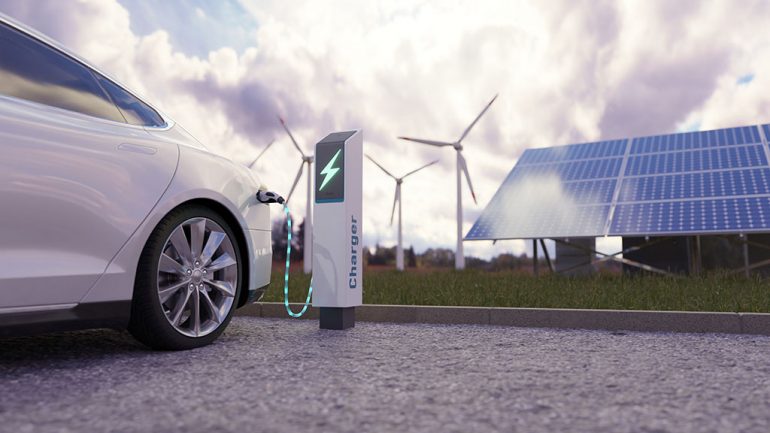
In a recent report, it has been highlighted that the pursuit of globally agreed-upon emissions reduction targets and the ambitious goal of limiting human-caused warming are still attainable, thanks in large part to the substantial growth witnessed in the solar energy and electric vehicle (EV) sectors across the world.
According to findings presented by the Paris-based International Energy Agency (IEA), the trajectory of solar energy adoption and the surge in electric vehicle sales over the past two years have aligned with the objectives of emissions reduction. These objectives are essential for capping global warming at the critical threshold of 1.5 degrees Celsius (2.7 degrees Fahrenheit) above pre-industrial levels, as stipulated by the Paris Agreement.
Also, don’t forget that you can get discounted new car pricing with a free quote through qualified local dealer partners.
However, the report also underscores that sustaining these positive trends is imperative for achieving climate goals. To meet the emissions reduction targets and fulfill the Paris Agreement, several significant actions are required:
Tripling Renewable Power by 2030: The expansion of renewable energy sources, particularly solar power, needs to triple by the year 2030. This would require a substantial increase in the deployment of solar panels and the development of solar infrastructure.
Dramatic Rise in Electric Vehicle Sales: Electric vehicle sales must experience a substantial boost, accounting for 70% of all vehicle sales compared to the current 13%. This transition necessitates not only increased EV production but also widespread adoption of electric vehicles by consumers.
Reducing Methane Emissions: Mitigating methane emissions from the energy sector is a critical component of the climate action plan. A reduction of 75% in methane emissions is required to align with the Paris Agreement’s goal. Methane is a potent greenhouse gas, significantly more powerful than carbon dioxide in the short term.
Increased Climate Investment: To enable these transformative changes, investments in climate action must escalate significantly. The report indicates that annual investments need to rise from $1.8 trillion in 2023 to a staggering $4.5 trillion by the early 2030s. This increase in funding would support the development of renewable energy infrastructure, EV manufacturing, and emissions reduction efforts.
Fatih Birol, the executive director of the IEA, emphasized the urgency of the situation. He acknowledged the alarming pace of global climate change but also highlighted reasons for optimism. The substantial growth in clean energy, exemplified by the remarkable increase in solar power capacity by nearly 50% and electric vehicle sales soaring by 240% over the last two years, is indeed a beacon of hope.
Source: Associated Press